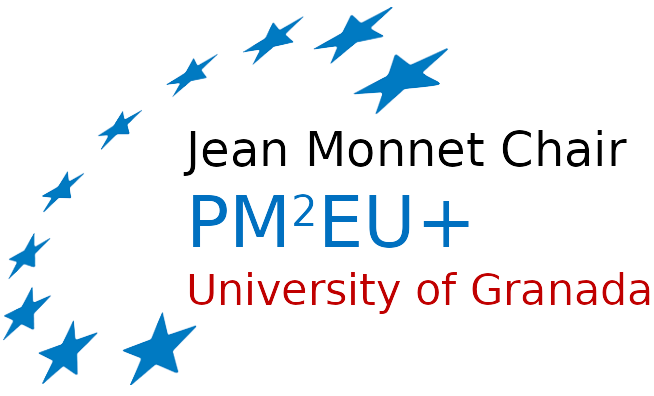
As part of the work carried out by the Chair, a new article has been published, entitled "Challenges of projectification in an engineering school: Lessons learned and room for improving the whole performance of the institution" journal Social Sciences & Humanities Open.
Claudette El Hajj, Germán Martínez Montes
Abstract:
The management model in higher education institutions is in continuous change: from an initial hierarchical and functional organization, the subsequent influence of the New Public Management model and more recently project-based management, conditioned among other causes by how a large part of the financing of universities (programs and projects) is being articulated. This management model affects all the activities carried out by universities, particularly teaching and research, as well as the way staff must perform their functions. Like all models, project-oriented management has its opportunities and challenges. This paper examines the implications of project-based learning in the university environment. To explore this topic, the authors conducted a case study involving an engineering school in the Middle East and developed semi-structured interviews. This approach allowed the examination of how academic professionals perceive the increasing trend of projectification across six areas: Teaching and Curriculum, Research and Funding, Doctoral Studies, Administration and Governance, Academic Professional Development, and the overall University Culture. The results reveal that, although projectification benefits the institution in general, it is accompanied by a series of negative implications that affect both individuals and the management. The complexity and the different missions and values of universities highlight the need for a nuanced approach to project management to optimize management without jeopardizing academic excellence, especially in the field of teaching and research. Academic staff is not exempt from the need for permanent training, and it is necessary to incorporate project management and its principles to capacity-building programs to ensure their best performance.
The full version is available and can be accessed via the following link: https://www.sciencedirect.com/science/article/pii/S2590291125002153

